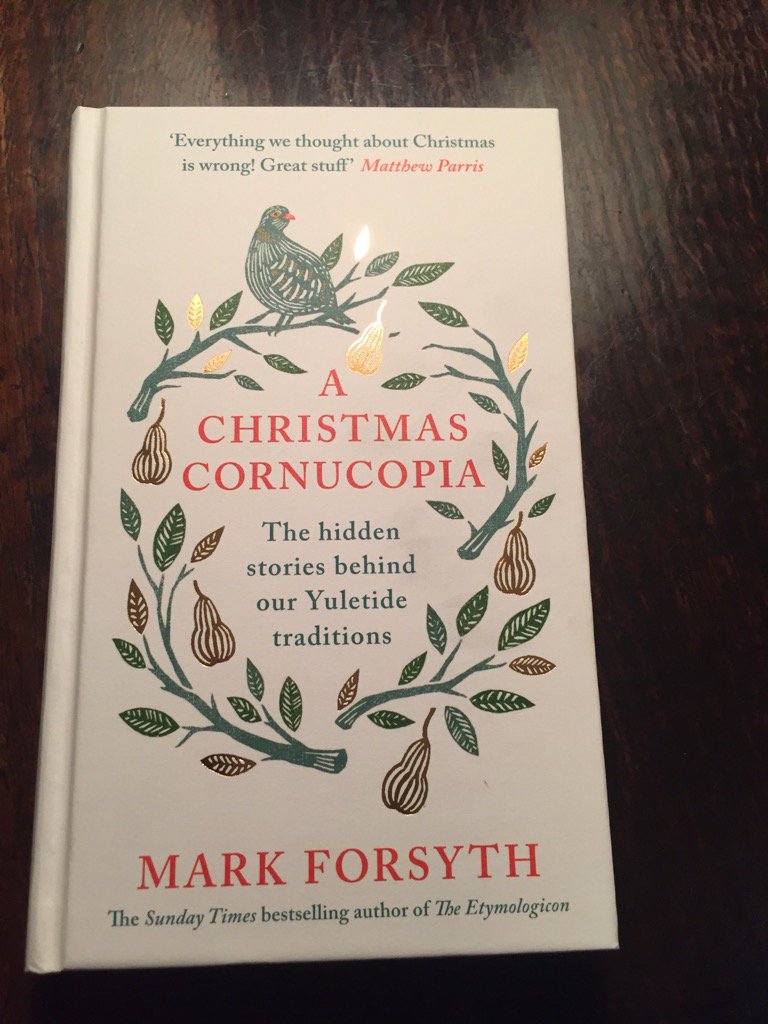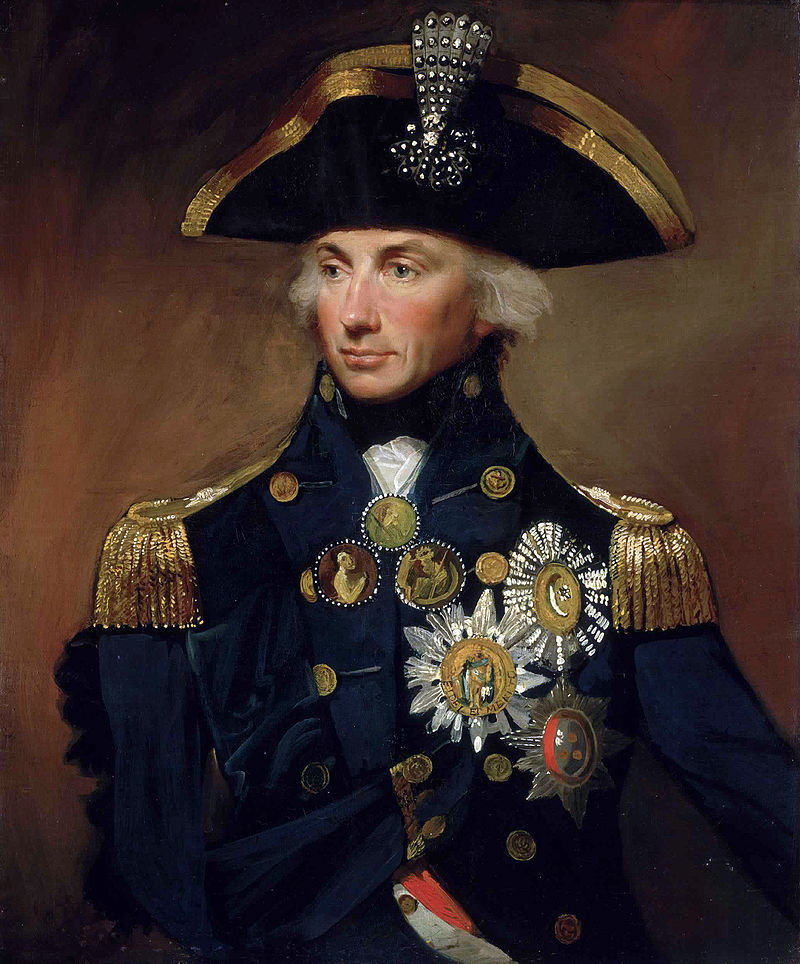A pregnant woman is said to be suffering from the Egyptian flu. I have no idea why, but I shall use that term forever.
In the Navy a welsh rarebit is, apparently called a Cardiff Virgin. It's a pun, but you have to think about it.
Finally, the word Nagasaki is used to refer to anywhere strange and distant, in roughly the way we lubbers of land talk about Timbuktu (as in "It's the best thing this side of Nagasaki/Timbuktu"). Oddly, it seems to have nothing to do with nuclear weapons. So a particularly thin sailor can be called a Nagasaki greyhound, and a chap with particularly large wedding tackle is said to be rigged like a Nagasaki donkey.
Oh, and sea salt is called Neptune's dandruff.
In other news, my new book A Christmas Cornucopia is coming out on Thursday and can already be pre-ordered from Amazon, Blackwell's, Book Depository, Foyles and Waterstones. It's all about the origins of Christmas traditions and will therefore (unless I've miscalculated) make the perfect Christmas present. And it has a very pretty cover.












